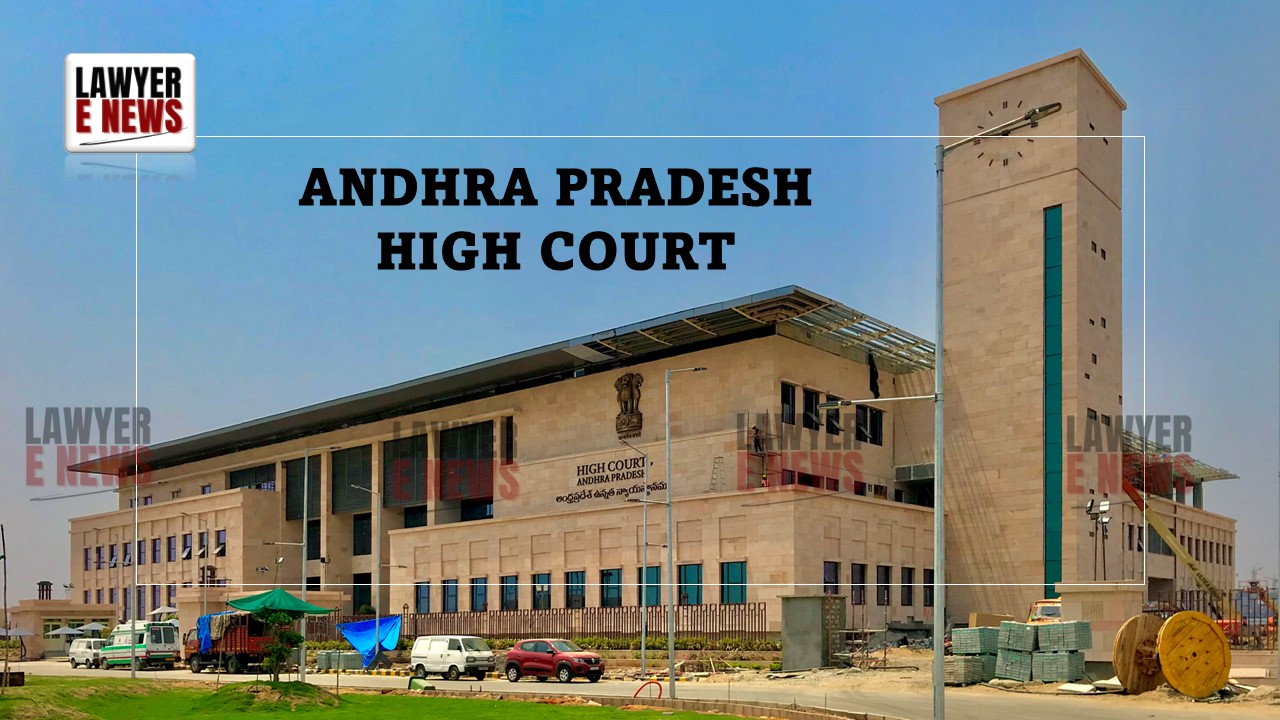-
by Admin
15 February 2026 2:36 AM



High Court reinstates suit challenging fraudulent sale deeds, overturns trial court’s rejection based on technical grounds.
The Andhra Pradesh High Court at Amaravati, in a significant judgment, has overturned the trial court’s decision to reject a plaint under Order VII Rule 11 and Section 151 CPC. The judgment, delivered by Justices U. Durga Prasad Rao and Kiranmayee Mandava, emphasizes that the limitation period in cases of alleged fraud begins from the date of discovery of the fraud, not the execution of the sale deeds.
The appellant, Dr. Talluri Swathi, filed a suit against Bathini Venkatesh and others, claiming that two sale deeds executed in 2014 were fraudulent. Dr. Swathi argued that the sale deeds, ostensibly executed as security for a loan, were intended to be reconveyed upon repayment. However, she discovered the fraudulent intentions of the respondents only in May 2018, through a newspaper publication asserting their ownership of the property. The trial court had rejected her plaint, deeming it barred by the limitation period and undervalued for court fee purposes.
Limitation Period and Fraud Discovery: The High Court stressed the importance of determining the limitation period based on the discovery of the alleged fraud. “The period of limitation for a suit to set aside an instrument under Article 59 of the Limitation Act begins from the date when the facts entitling the plaintiff to have the instrument cancelled first become known to her,” noted the bench. The court found that the trial court had erred in calculating the limitation period from the date of the sale deeds instead of the date of the newspaper publication that revealed the defendants’ fraudulent intentions.
Importance of Meaningful Reading of the Plaint:The High Court emphasized that a plaint should be meaningfully read to ascertain whether it discloses a cause of action and whether it is barred by any law. “A meaningful reading of the plaint in this case reveals that the fraudulent intention of the defendants was perceived by the plaintiff only when the newspaper publication was made,” observed Justice U. Durga Prasad Rao.
Rejection of Plaint on Technical Grounds:The court critiqued the trial court’s decision to reject the plaint based on technicalities, noting that issues of limitation and adequacy of court fees are mixed questions of fact and law, inappropriate for summary rejection at the initial stage. “The correctness of these aspects has to be decided only after trial,” the bench stated.
Justice U. Durga Prasad Rao remarked, “Whether the plaintiff had the knowledge of fraud from the date of paper publication or her knowledge related back to some other event for computation of limitation is a mixed question of fact and law and therefore it is not apt to reject the plaint holding that the suit is barred by limitation at this infant stage of the suit.”
The Andhra Pradesh High Court’s judgment reinstates the suit, directing the trial court to proceed with the case on its merits. This decision underscores the judiciary’s commitment to ensuring that procedural technicalities do not obstruct substantive justice. By emphasizing the importance of a meaningful reading of the plaint and the correct application of limitation laws, this judgment sets a significant precedent for similar cases involving allegations of fraud.
Date of Decision: 20th June 2024
